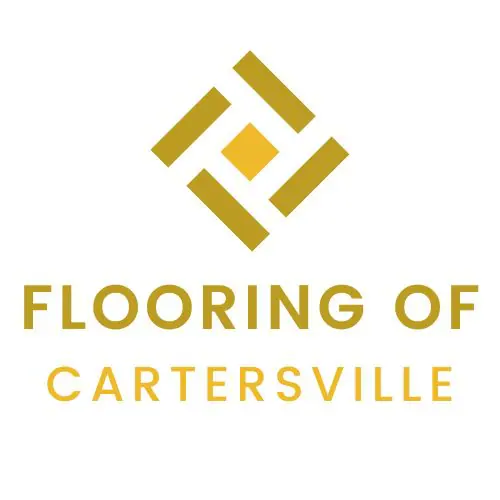In the world of home improvement, few tasks are as rewarding and transformational as flooring repair. Whether you’re revitalizing a historic hardwood floor or addressing issues with a more modern surface, understanding the science and art behind restoration is crucial for achieving impeccable results. In this comprehensive guide, we delve deep into the intricacies of flooring repair, providing you with invaluable insights to help you master this craft.
The Foundations of Flooring Repair
Understanding your flooring material
Before embarking on any repair project, it’s imperative to identify your flooring material. Each type of flooring, whether it’s hardwood, laminate, vinyl, or tile, requires a unique approach. Knowing the specifics of your flooring not only ensures that you use the right techniques but also guarantees a longer-lasting repair.
Assessing the damage
In the world of flooring repair, proper assessment is key. Start by identifying the extent of the damage. Is it a minor scratch, a deep gouge, or widespread water damage? This initial evaluation will dictate the course of action and materials required for the repair.
The Science of Flooring Repair
Preparing the Surface
Preparing the damaged area is a critical step. For hardwood floors, this involves sanding down the affected region to create a smooth, even surface. It’s essential to remove any debris, old finishes, or adhesives. For other materials, clean the area thoroughly to ensure proper adhesion of the repair materials.
Choosing the right materials
Selecting the appropriate repair materials is akin to choosing the right tools for a surgical procedure. For hardwood floors, it’s vital to choose a wood filler that matches the color and grain of your floor. Laminate and vinyl floors may require adhesive compounds, while tiles could need grout or epoxy.
Precision in application
The application of repair materials is where science and art converge. Achieving a flawless repair necessitates precision and attention to detail. Whether you’re filling in a hardwood gouge or patching a cracked tile, follow manufacturer instructions meticulously to ensure optimal results.
The Art of Flooring Repair
Aesthetic Considerations
Beyond the technical aspects, aesthetics play a significant role in flooring repair. Achieving a seamless blend between the repaired area and the surrounding flooring is an art form. This involves color matching, texture replication, and finishing techniques that make the repair virtually invisible.
Restoring the Finish
Restoring the finish is often the final step in flooring repair. For hardwood floors, this may involve applying a clear coat or stain to match the existing finish. For other materials, a topcoat or sealant is necessary to protect and enhance the repaired area.
Ensuring Longevity
Proper Maintenance
Once your flooring repair is complete, proper maintenance is essential for long-term durability. Regular cleaning, protection from heavy furniture, and the use of floor mats in high-traffic areas can significantly extend the life of your repaired floor.
Professional Assistance
While DIY flooring repair projects can yield outstanding results, some damage may be too extensive or complex for the average homeowner to tackle. In such cases, enlisting the expertise of professional flooring contractors ensures that the repair is executed flawlessly.
Conclusion
Flooring repair is a marriage of science and art, where technical expertise meets aesthetic finesse. By understanding your flooring material, assessing damage, and meticulously executing the repair process, you can transform damaged floors into pristine surfaces. Remember that proper maintenance is the key to ensuring your repair stands the test of time.
So, whether you’re addressing scratches on your beloved hardwood floor or giving a second life to your laminate or vinyl surface, embrace the science and art of flooring repair. With the right knowledge and techniques, your floors can regain their former glory, adding beauty and value to your home.

